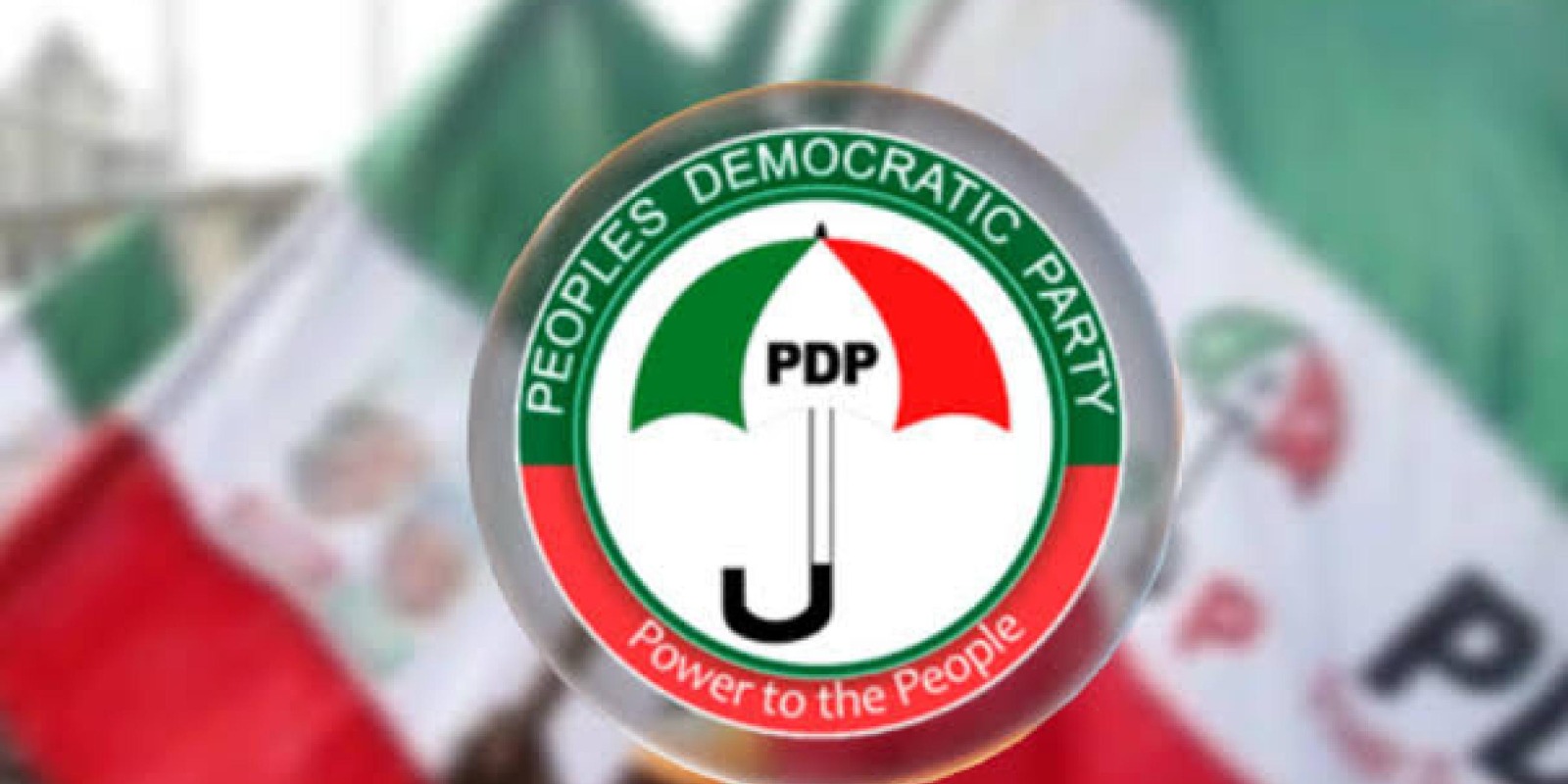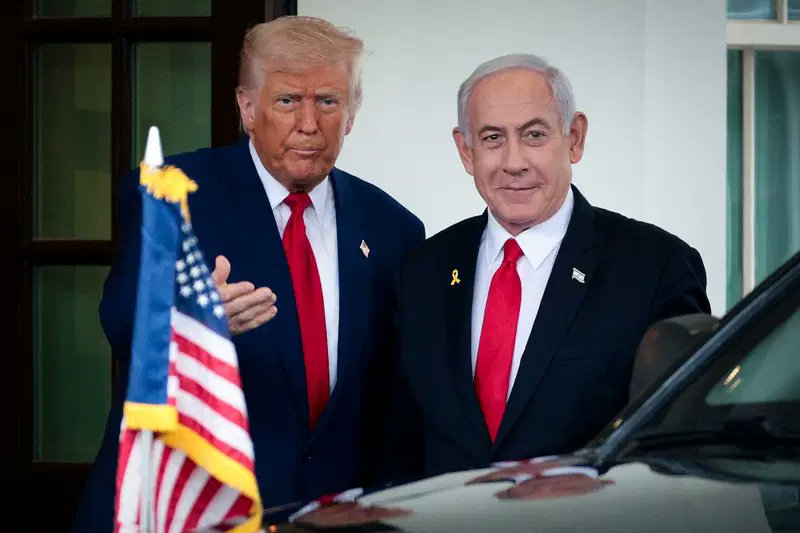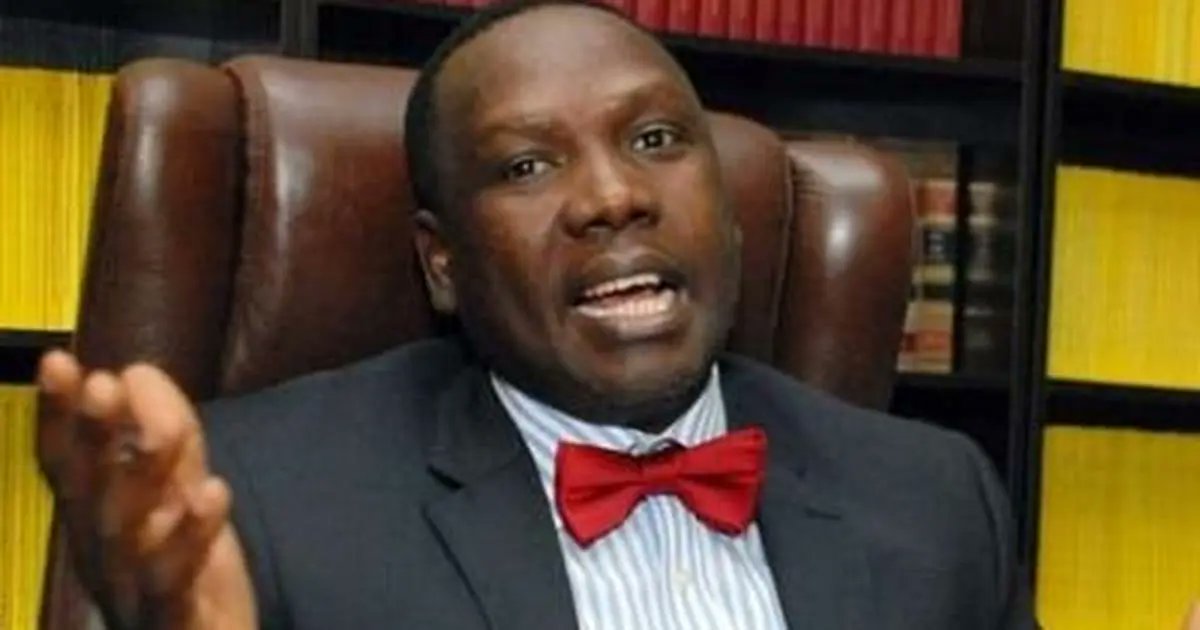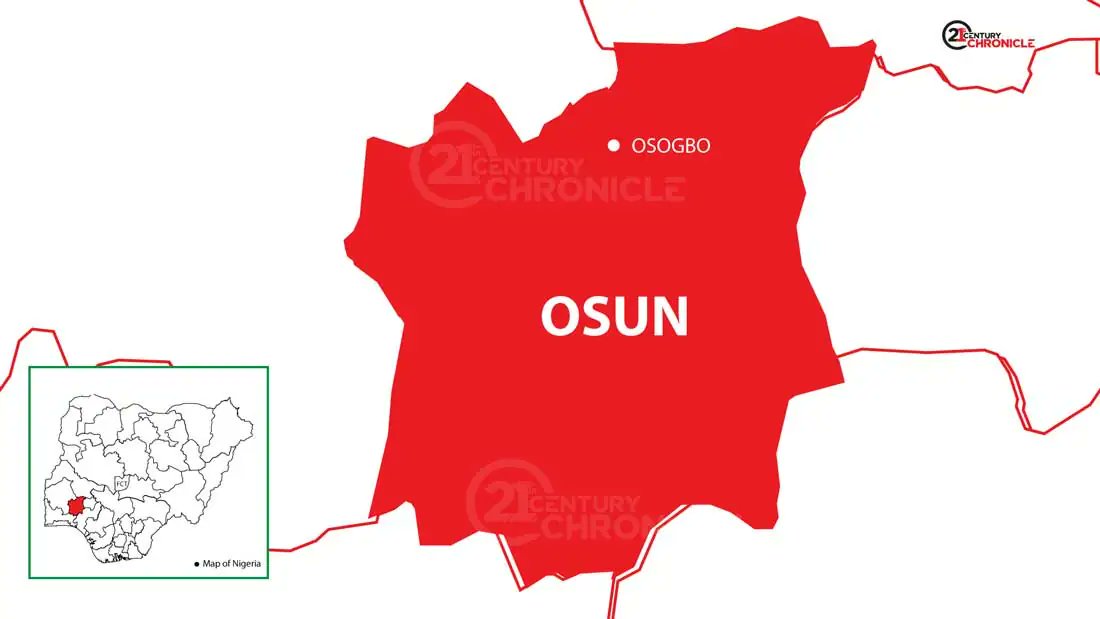
Chaos in the Umbrella House: PDP NWC Disowns Wike Ally's Reappointment as Secretary

In a dramatic turn of events that underscores the deepening cracks within Nigeria’s main opposition party, the Peoples Democratic Party (PDP), the National Working Committee (NWC) has forcefully rejected the alleged reappointment of Senator Samuel Anyanwu as National Secretary. Anyanwu, a known political ally of the influential Minister of the Federal Capital Territory and former Rivers State Governor Nyesom Wike, was reportedly asked to resume office by the Acting National Chairman, Ambassador Umar Damagum — a move now labeled “misleading” and “unauthorized” by the party's highest administrative organ.
The NWC’s rejection, released via a strongly worded statement on Wednesday, June 25, 2025, directly countered Damagum’s earlier announcement that had reignited speculation about Wike's growing grip on the internal structure of the PDP. According to the committee, no person, group, or organ within the party structure holds the constitutional authority to override or amend resolutions of the National Executive Committee (NEC), the party's top decision-making body outside of the National Convention.
“The pronouncement by the Acting National Chairman has no foundation,” the NWC declared emphatically. “No organ of the party, including the NWC, nor any individual or group, has the constitutional right to cancel, overrule, veto, or vary any resolution passed by the NEC.” Citing Section 31(3) of the PDP Constitution (as amended in 2017), the statement further stressed that the NEC’s resolution to defer matters concerning the National Secretary position to its 100th meeting, scheduled for June 30, 2025, remains binding and unchangeable.
The attempted reinstatement of Anyanwu has not only stirred controversy within the PDP but has once again exposed the bitter factionalism and power tussles that have plagued the party since its loss of the presidency in 2015. While Ambassador Damagum’s position as Acting National Chairman has been tenuous and often contested in party corridors, his declaration appeared to serve as a veiled endorsement of Wike’s influence — a move that many believe has already alienated several stakeholders within the party’s southern and eastern blocs.
Senator Anyanwu's reemergence in the national spotlight is no coincidence. His longstanding loyalty to Wike has earned him both admiration and suspicion, depending on whom you ask within the PDP. During the party's internal disputes last year, Wike was widely credited with orchestrating maneuvers that sought to reposition allies like Anyanwu in key national offices, in a bid to consolidate control over the party's machinery ahead of the next electoral cycle. But Wike's aggressive brand of politicking, especially his open flirtation with the ruling All Progressives Congress (APC), has led to accusations of betrayal and destabilization within PDP ranks.
This latest episode adds fuel to the already burning fire of mistrust and power struggle threatening to tear the PDP apart just months before the highly anticipated 2026 gubernatorial elections in several states, and with the 2027 general elections now faintly visible on the political horizon.
Sources within the PDP who spoke under anonymity say the Damagum-Anyanwu move is being interpreted in many quarters as an “ambush tactic” — a way to railroad the NEC into accepting a fait accompli ahead of its scheduled meeting. “It’s a clear case of political desperation,” one party insider said. “Wike’s faction knows it doesn’t have the numbers at the NEC to reinstate Anyanwu legally, so they tried to preempt the meeting with this false announcement.”
However, the NWC’s public rebuttal has thrown a spanner into the works. Not only has it reinforced the supremacy of the NEC in matters of national leadership decisions, but it has also openly challenged the legitimacy of Damagum’s latest directive, possibly setting the stage for another round of intra-party litigation or even disciplinary measures.
For now, all eyes are on the upcoming NEC meeting on June 30, which is expected to be a defining moment for the future of the PDP. Already, camps loyal to key party figures — including former Vice President Atiku Abubakar, Governor Bala Mohammed of Bauchi, and others — are reportedly lobbying for a reset that would curtail Wike’s perceived overreach and restore cohesion to the fractured party.
Observers warn that unless the PDP finds a way to mend its internal divisions and clarify its leadership hierarchy, it risks spiraling further into irrelevance at the national level. “The opposition party must decide what it wants to be — a united force that can challenge APC’s dominance or a scattered collection of power-hungry factions,” said political analyst Tunde Salako.
The PDP’s constitutional crisis is not without precedent. Infighting over leadership roles, zoning arrangements, and candidate selections has been a recurring theme since the party's fall from grace in 2015. But with Nigeria’s socio-economic conditions worsening and public dissatisfaction with the ruling party growing, many Nigerians still look to the PDP as a viable alternative — if only it can get its house in order.
Meanwhile, supporters of Senator Anyanwu remain defiant. In a brief statement issued by a pro-Wike group within the party, they insisted that Anyanwu was the “rightful occupant of the office of the National Secretary” and accused the NWC of bias and political witch-hunting. The group argued that Anyanwu’s reappointment was necessary to bring balance to the party’s leadership and reflect the input of all geopolitical zones.
As the PDP grapples with this latest internal storm, political watchers say what is at stake is far more than one appointment — it is the soul and survival of the party itself. With a fractured leadership, deep ideological splits, and a crisis of confidence in its decision-making bodies, the once-dominant party faces a steep uphill battle to regain credibility and unity.
Whether June 30 becomes a day of reckoning or reconciliation remains to be seen. But one thing is clear: the PDP is at a crossroads. And how it resolves the Anyanwu saga may determine whether it walks the path of political resurrection — or self-destruction.


